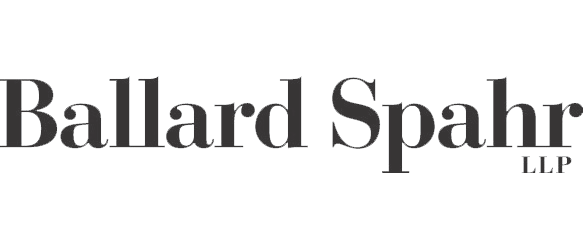D. Brian Shortell is a partner at Ballard Spahr, where he leads the chemical and pharmaceutical practice team, and is a member of the mechanical technologies team, in the Patents Group. Brian concentrates on patent prosecution, client counseling, and opinion work, and intellectual property litigation. He also has significant experience in reexamination and due diligence matters. Recently, he was called upon as a subject matter expert for chemistry and patent law in an arbitration regarding hydrogen fuel cell technology.
Brian is a registered patent attorney. His technical experience encompasses industrial chemical research and postdoctoral chemical research, which focused on organic synthesis, polymer synthesis and characterization, molecular electronics, nanotechnology, and the synthesis and characterization of novel chiral atropisomers. His experience also includes academic grant writing and teaching chemistry at the undergraduate level. He has published several articles and papers in both legal and chemical literature.

Recent Articles by Brian Shortell
With cannabis now legal in some form across more than 30 states, the cannabis industry is on the rise and expected to achieve a market size of more than $60 billion by the end of 2025. As with any new and growing industry, intellectual property protection will be central to innovation and investment. Several unique challenges emerge at the intersection of cannabis and intellectual property law, the first of which is obtaining protection for a cannabis-related business or invention. Two characteristics of cannabis make intellectual property protection challenging—its status as a Schedule I drug under the Controlled Substances Act and the fact that many cannabis species are naturally-occurring. Applications for cannabis trademarks, for instance, have encountered resistance at the U.S. Patent and Trademark Office (USPTO) due to cannabis’s illegal status under federal law. Unlike trademarks, however, a patent does not require an applicant to show that the product is lawfully used in interstate commerce. Rather, a patent provides the right to exclude others from the invention, and there is nothing unlawful about obtaining such a right.

![[IPWatchdog Logo]](https://ipwatchdog.com/wp-content/themes/IPWatchdog%20-%202023/assets/images/temp/logo-small@2x.png)


